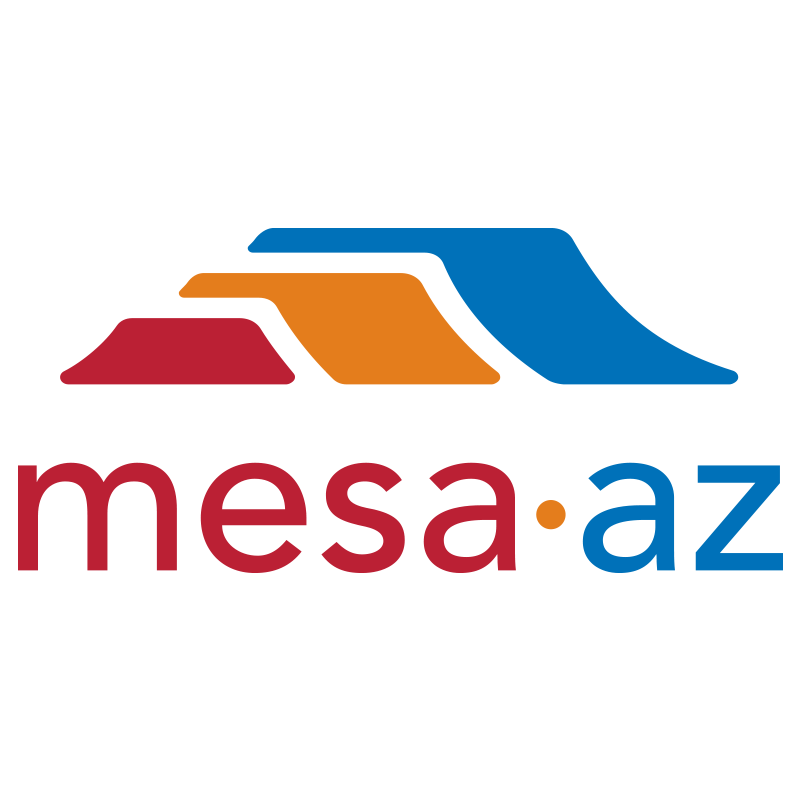States To Sign Voluntary Cutbacks Of Colorado River Water
Negotiators for California, Arizona and Nevada are expected to sign an agreement to help stave off another round of mandatory cutbacks.
LAS VEGAS (AP) — To help stave off another round of mandatory cutbacks, water leaders for Arizona, Nevada and California are preparing to sign an agreement that would voluntarily reduce Colorado River water to the lower basin states by 500,000 acre-feet — enough to supply about 750,000 households for a year — for both 2022 and 2023.
The agreement, known as the “500+ Plan”, would require millions of dollars from each state over two years — $60 million from Arizona, $20 million from Nevada and $20 million from California with federal matching dollars — to fund payments for water use reduction and efficiency projects that result in supply savings throughout the lower basin.
The signing is expected to take place Wednesday at the Colorado River Water Users Association annual meeting in Las Vegas, amid urgency to negotiate new rules for managing the depleted river beyond 2026 when the 2007 interim guidelines expire.
Lake Mead, the largest reservoir in the United States, hit record lows this year, spurring reduced 2022 deliveries for junior water rights holders in Arizona, Nevada and Mexico.
Lower levels would automatically lead to even more cutbacks at certain thresholds. There is currently no plan for how the supply would be managed should Lake Mead drop below 1,025 feet (312.42 meters) above sea level. Modeling suggests that could likely happen as soon as 2024 if the 500+ Plan is not adopted.
Every foot of elevation lost in Mead reduces Hoover Dam’s hydropower generation by about 6 megawatts — it’s currently running around 75% capacity. If levels ever fall below 950 feet (289.56 meters), the dam’s turbines, which generate power for 1.3 million people in three states, would stop running altogether.
For California, which receives more than half the hydropower, the deal is particularly urgent, says Adel Hagekhalil, general manager of Metropolitan Water District of Southern California.
“As levels drop at Lake Mead, it’s basically strangling everything,” Hagekhalil said.
Ultimately, Mother Nature is in charge, says Kathryn Sorensen, research director at the Kyl Center for Water Policy at Arizona State University.
“It’s all based on modeling that may or may not be correct,” Sorensen said. “Whether even the 500+ plan is enough, I just don’t think people know.”
Next year marks 100 years since the Colorado River Compact was signed, apportioning the river’s water among seven states, and later Mexico, during an unseasonably wet era.
In the years since then, federally subsidized water projects allowed cities and farms to balloon, and 40 million people now rely at least in part on the Colorado River’s water. As scientists say climate change is making the West warmer and more arid, far less water is available in the system to meet demands of all users.
Lower Basin States Plan Action for Critical Time on the Colorado River
By Warren Tenney

Water Agencies Announce Partnership
December 15, 2021 at 5:05 pmToday, in Las Vegas, Nevada, water agencies across Arizona, California, and Nevada, along with the Department of the Interior announced a historic effort to invest $200 million in conservation efforts to bolster the Colorado River’s Lake Mead, under the 500+ plan.
Mesa is participating in this effort with an initial contribution of 1,200 acre feet of water to help keep the Colorado River's largest reservoir, Lake Mead, from dropping to critically low levels.
The Bureau of Reclamation, Arizona Department of Water Resources, Central Arizona Project, The Metropolitan Water District of Southern California, and Southern Nevada Water Authority issued a joint press release this afternoon with additional details about the announcement: https://knowyourwaternews.com/water-agencies-announce-partnership-to-invest-200-million-in-conservation-efforts-to-bolster-colorado-rivers-lake-mead-under-500-plan/
You can also learn more about Mesa's Water Stewardship Strategy online: www.mesaaz.gov/water
Contact: Weston Brown
(480) 644-5713


No comments:
Post a Comment